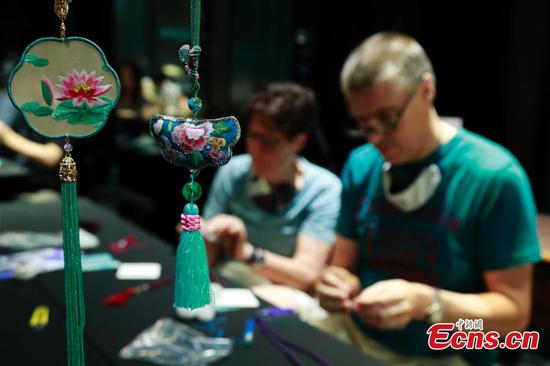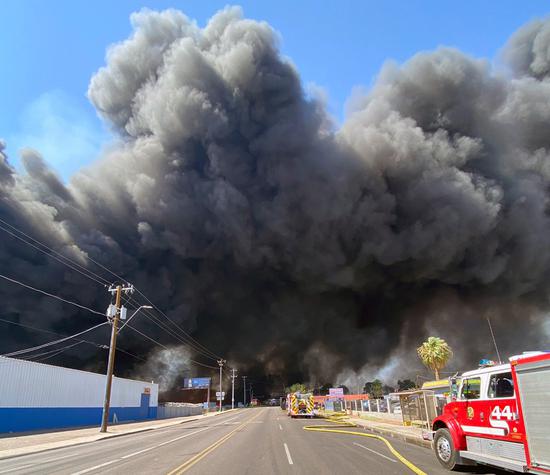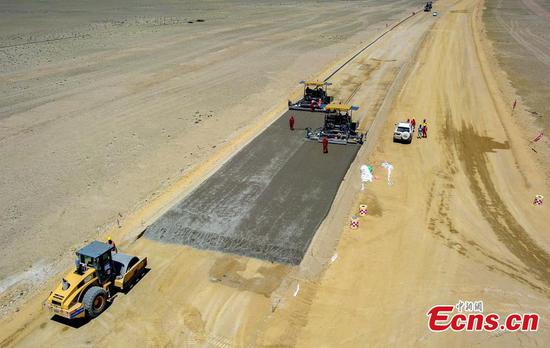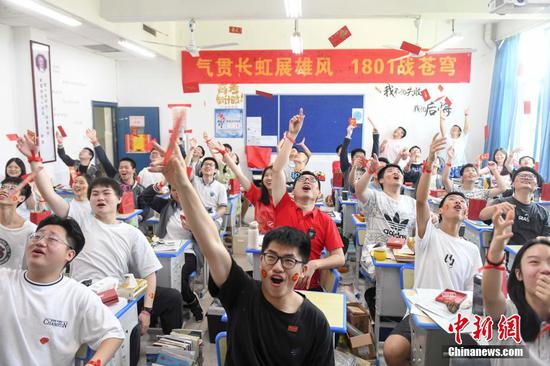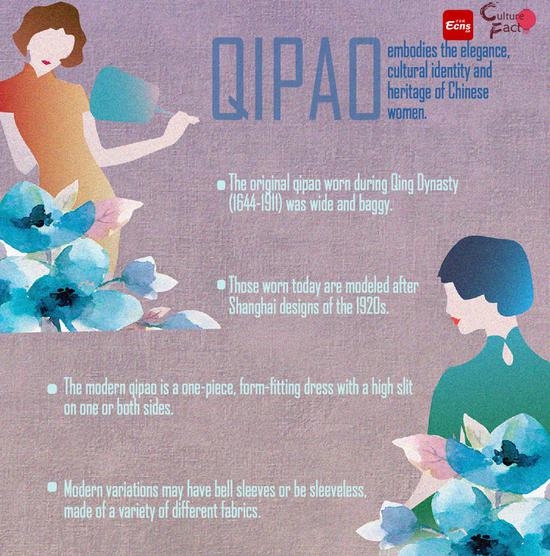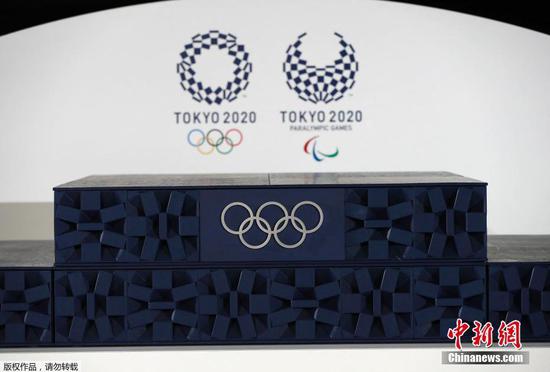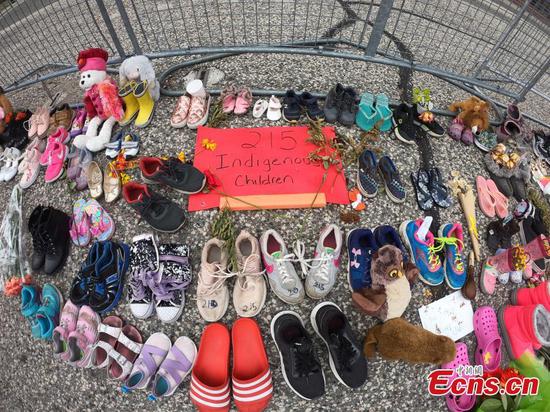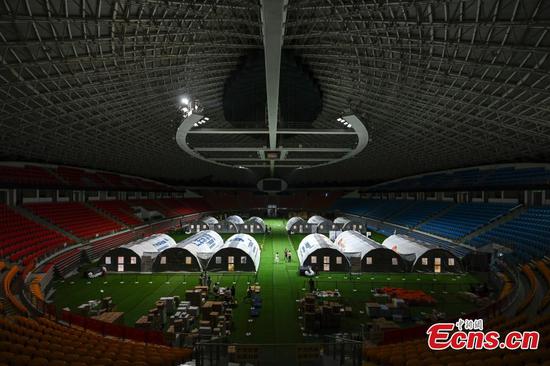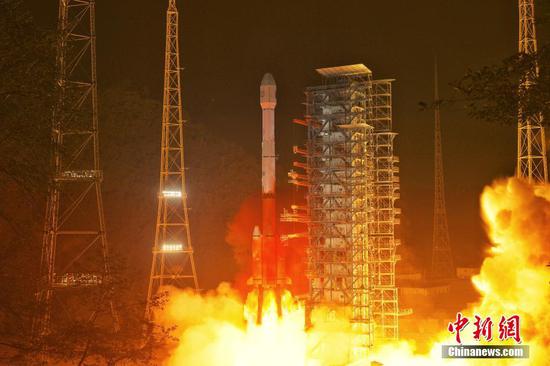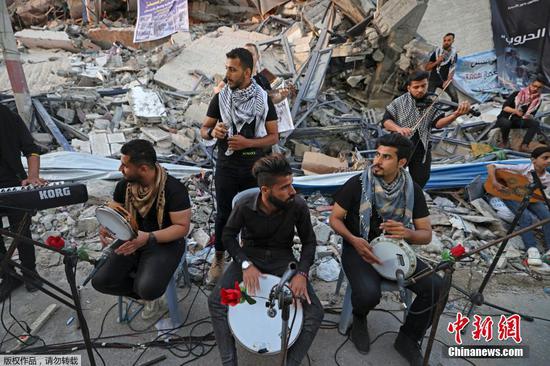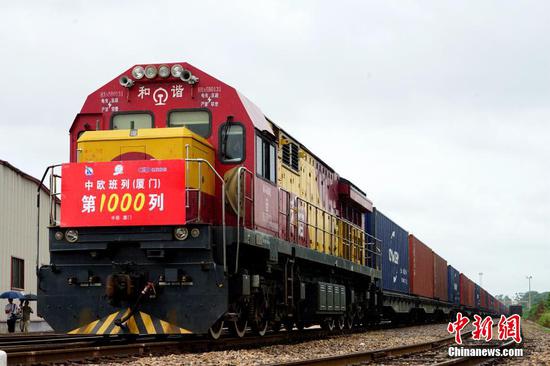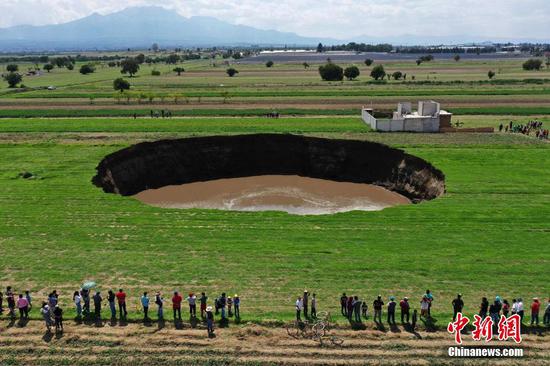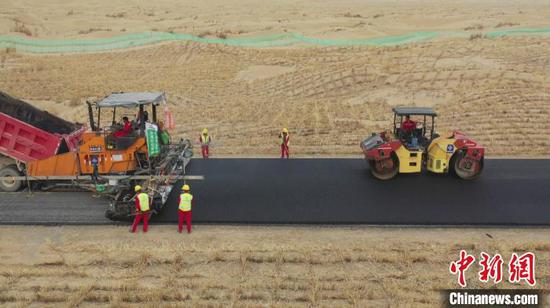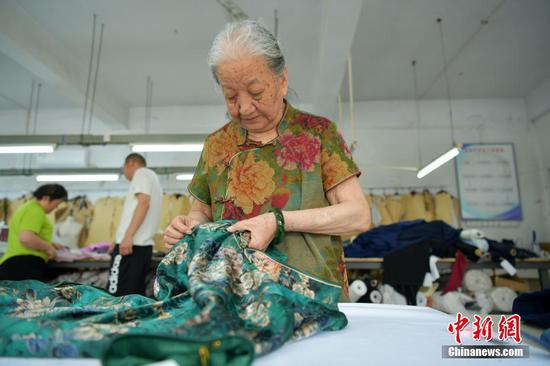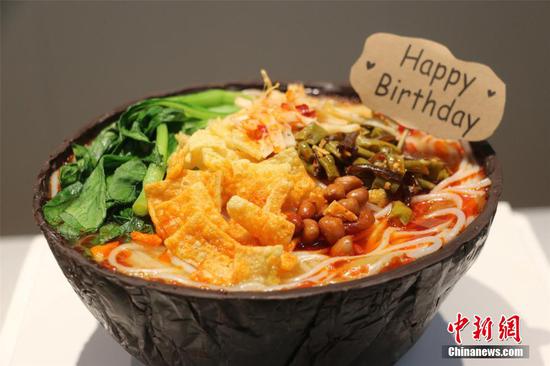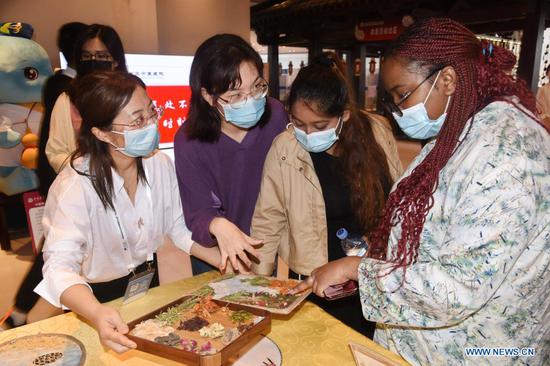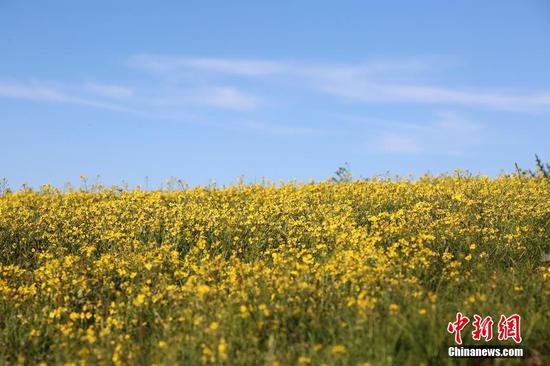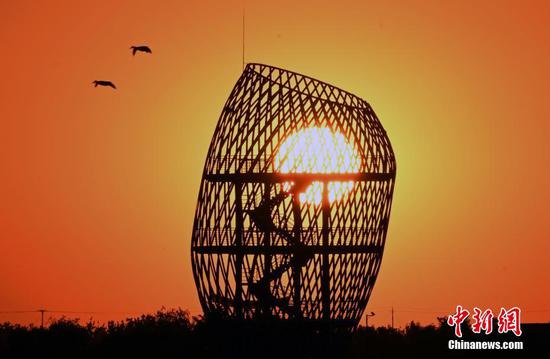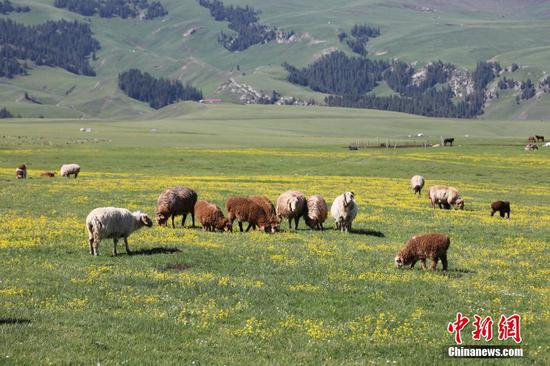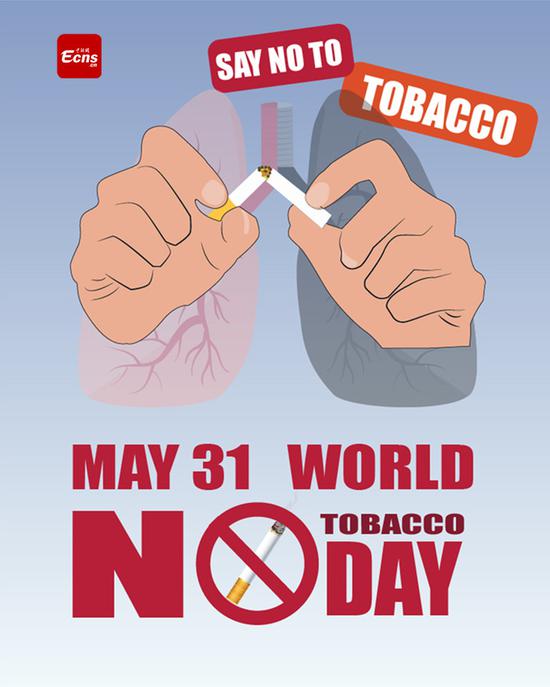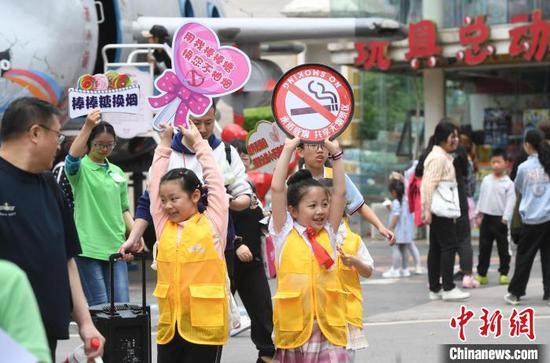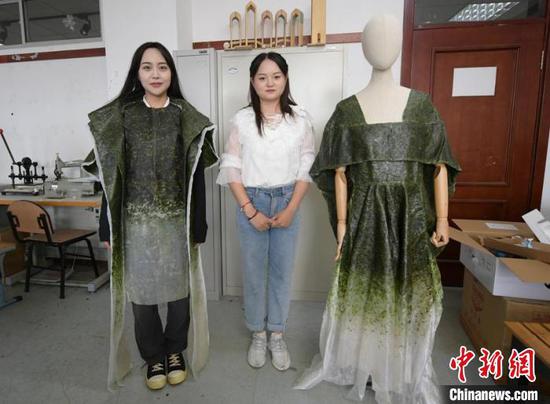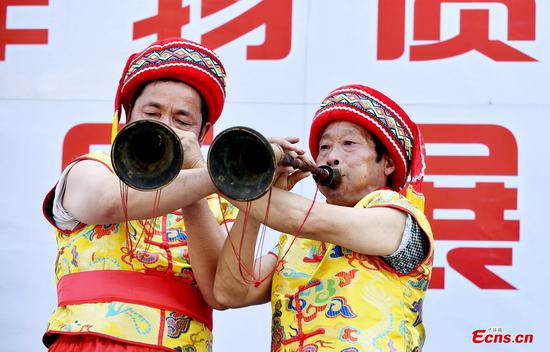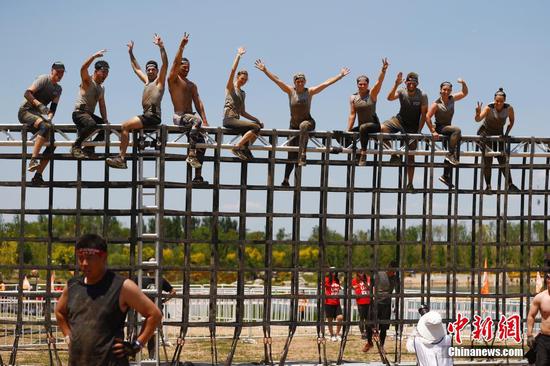China is expected to administer COVID-19 vaccines to at least 70 percent of the targeted population by year end, an official from the National Health Commission confirmed, as the country continues to ramp up its inoculation drive to approve the emergency use of COVID-19 vaccines for those aged between 3 and 17 years old.
Zeng Yixin, deputy director of the NHC, confirmed in an interview with Xinhua News Agency that China's target is to give COVID-19 shots to at least 70 percent of its targeted population.
This is the first time that an NHC official has made the national vaccination schedule public, and the plan fits with previous speculations by experts.
Since May, China's speed in administering vaccines has been accelerating, with more than 700 million doses given across the country to date, and daily doses surpassing 20 million.
Zeng pointed out that although China is taking the lead in overall vaccine administration, the proportion of its population that has been inoculated is still low, given the huge population.
The official said experts have confirmed the safety and efficacy of giving COVID-19 vaccines to people aged between 3 and 17, and this age group will start receiving vaccines after approval, as vaccination will be promoted from the high-age group to the low-age group. China's vaccination drive has previously covered people aged 18 and above, and the oldest people to be inoculated are over 100 years old.
Zeng reminded the public that the recent epidemic resurgence is a reminder that the situation is still severe, and called on the public to reduce their "vaccine hesitancy" to build an "immunity Great Wall."
While faced with an urgent domestic demand for vaccines, China has also provided more than 350 million doses of vaccines overseas, with donations made to over 80 countries and exports to over 40 countries.
In total, 21 Chinese vaccine candidates have entered clinical trials. Eight Chinese vaccine candidates have been approved to launch Phase III clinical trials overseas and one mRNA vaccine passed ethical approval overseas. Four have been approved to enter market and three have been approved for emergency use domestically.









